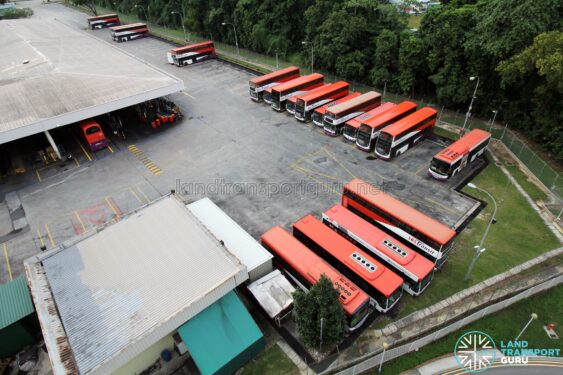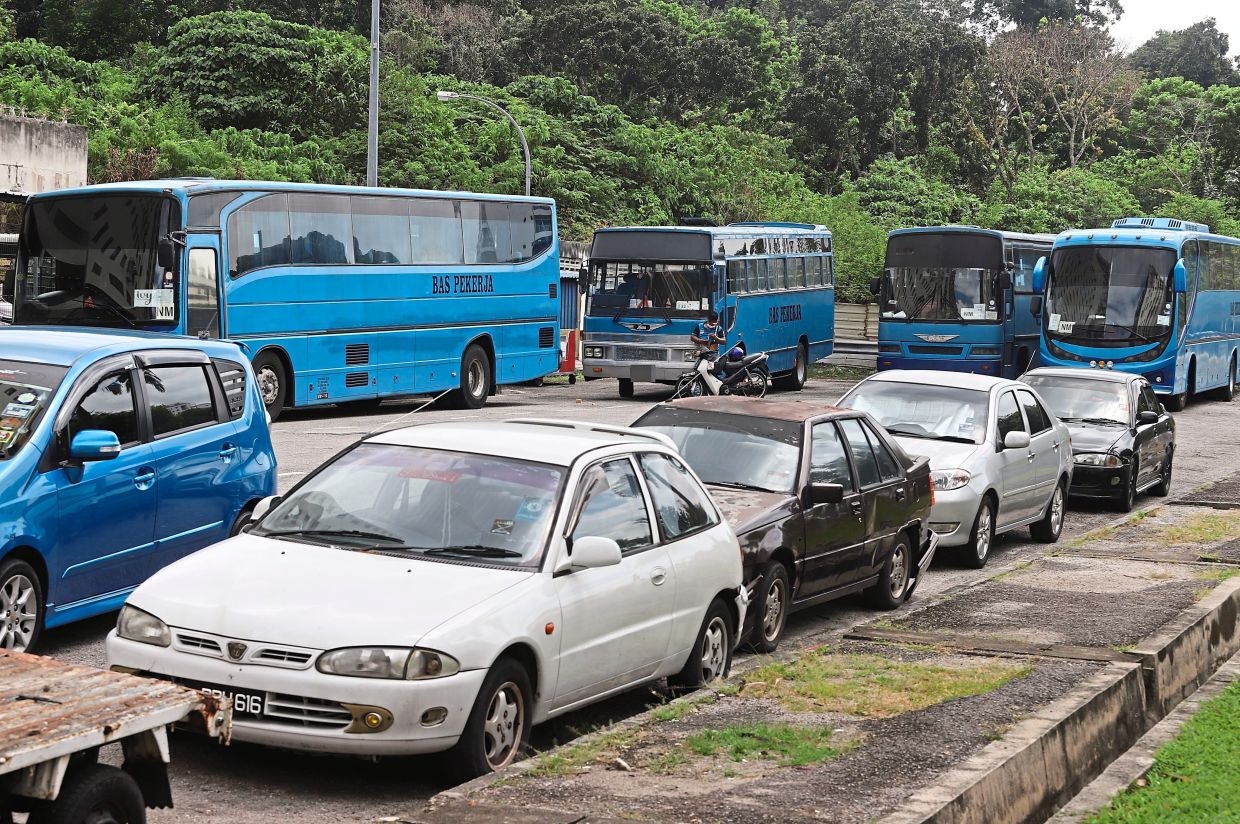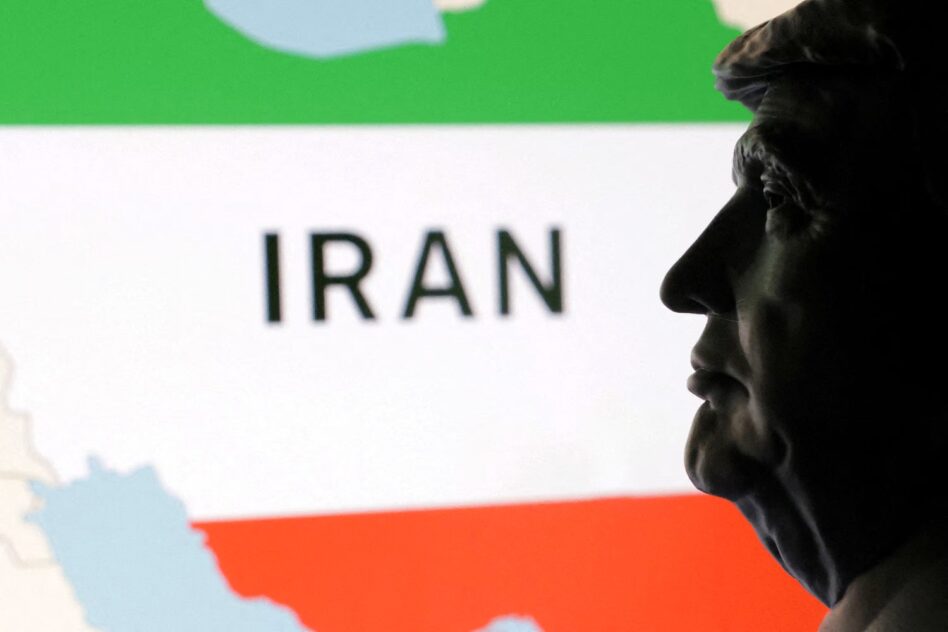DECADES ago, we used to laugh at mechanics operating by the roadside, but they have since moved on; now, many operate workshops from shophouses.
With more than 10 million older vehicles in the country needing regular service and repairs, they are set to earn a regular income.
In 1973, I joined a leading tour firm as a full-time tourist guide-cum-limousine driver. At the time, the company was operating a massive garage at Jalan Ipoh (eventually renamed Jalan Sultan Azlan Shah) in Kuala Lumpur. In 1976, I was appointed the garage/maintenance manager.
At the end of 1977, the garage was relocated to a factory area in nearby Segambut, and the building could house many tour buses plus a fleet of limousines and rental cars.
The company was the pioneer in offering car rental services in 1963, air-conditioned tour buses in 1965 and limousines too before this service became a standard feature in luxury hotels.
But until today, few companies are operating garages for parking and maintenance of buses, except for stage bus companies.
Thus, many express, excursion, workers and school buses are parked by the roadside all over the country, sometimes for extended periods when not in use.
It is the same whether drivers are at home and often park their buses at the same spot or vicinity or have driven outstation and park their large vehicles at whatever spot they find suitable.
With such a modus operandi, bus companies are virtually operating from the roadside as their buses are parked like private cars. This has also led to safety issues involving both drivers and vehicles.
Pragmatic solution
If bus operations have not evolved from the roadside over the past decades, it is unlikely this will change in the future if operators are left to fend for themselves.
Hence, government intervention is needed. But the authorities are clueless and lack the will to work with other agencies involved to provide a solution as it involves too much hard work.
The most pragmatic way to transform and modernise bus operations is to create public depots for buses to be parked in open areas, which are like open car parks but dedicated to buses.

This would only become a reality with the involvement of local authorities as many open areas near cities and towns could be converted into bus depots and supplied with electricity and water.
Entry and parking charges ought to be made affordable and buses within a certain radius must be parked at these depots overnight and no longer left indiscriminately by the roadside.
Bus drivers should not be made to suffer. In fact, they will look forward to coming to these depots, which could be turned into havens if provided with adequate facilities and amenities.
Various concessionaires could manage the parking facility, offer cleaning and repair services, provide food and beverages, operate toilets, bathrooms and even a hotel using sleep capsules.
Sleep capsules are cheaper to rent than hotel rooms. Being soundproof, they provide drivers the soundest sleep so they can wake up fresh the next morning and ready for another long journey ahead.
Drivers spending overnight at hotels tend to be exposed to many temptations and distractions. If so, there will still be tired and half asleep the next morning and may doze off while driving.
A danger to themselves and others
When that happens, not only their lives are in danger, but also other road users. Hence, the importance of public bus depots being equipped with sleep capsules to rejuvenate weary bus drivers.
At these depots, drivers could also clean and check the buses themselves. If minor repairs are required, they could easily be fixed by the concessionaire operating the motor workshop.
All these efforts will also result in passengers getting to travel in safer and cleaner buses, thus making our roads safer. But who is going to take the lead?
There are many agencies involved, and all are under the Transport Ministry – i.e. the Road Transport Department, Land Public Transport Agency, Road Safety Department and Malaysia Institute of Road Safety and Research.
I first proposed the idea of a “bus park” more than five years ago but none of the aforementioned agencies followed up on it. And it is beyond the resources of transport associations to work on this.
Anyone gung-ho enough to set up the first public bus depot should be given the chance and full support by all quarters in the public and private sectors
A successful pilot project could spawn many other public bus depots across the country, and in time to come, there will be many upgrades such as having tyre shops for buses and even lorries. This will allow heavy vehicle drivers to ensure all the tyres of their vehicles are inflated at the correct pressure regularly.
Many accidents involving heavy vehicles are due to tyre blowouts; flexing by underinflated tyres generates intense heat and wear until they finally burst.
As the depots are gathering points for heavy vehicles, government agencies and marketing companies could easily reach out to the drivers. Activities could include talks, showing road safety videos and health screening for things like blood pressure and urine, blood and vision tests.
Road safety measures must take a quantum leap from theory to practice. Little will change if no concrete steps are taken. If so, it will be more like all talk and no action.
Having public bus depots nationwide would act as the catalyst to transform bus operations, both globally and in our country. – Nov 14, 2022
YS Chan is the master trainer for Mesra Malaysia and Travel and Tours Enhancement Course and an Asean Tourism Master Trainer. He is also a tourism and transport business consultant.
The views expressed are solely of the author and do not necessarily reflect those of Focus Malaysia.
Main photo credit: The Star









